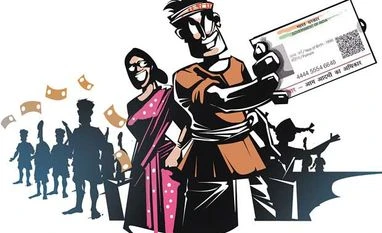“We will like to have the views of the attorney general (Mukul Rohtagi),” a bench headed by Chief Justice T S Thakur said when senior advocate and former Union Finance Minister P Chidambaram sought issuance of notice on the plea of the Congress leader. Chidambaram said that treating the Aadhaar bill as a money bill was “unconstitutional”.
Read more from our special coverage on "AADHAAR BILL"
- RS amendments to Aadhaar Bill had lacunae: FM
- Aadhaar cleared through Money Bill route: Why Modi cannot use this option every time
- 5 changes RS wanted in Aadhaar Bill, legal challenge next
- Government subsidies should reach the right hands: Jaitley
- Opposition prepares to recommend amendments to Aadhaar Bill
The bench, also comprising Justices R Banumathi and U U Lalit, fixed the matter for further hearing on May 10. It, however, did not issue notice on the plea of Ramesh.
Lok Sabha had on March 16 passed the Aadhaar bill that aims at better targeting of subsidies through the Aadhaar unique identity. The House had earlier adopted the Aadhaar (Targeted Delivery of Financial and Other Subsidies, Benefits and Services) Bill, 2016, by a voice vote after rejecting recommendations for five amendments made by the Upper House. Armed with the Speaker's decision that it was a money bill, the government pushed it in the Rajya Sabha, which cannot amend it but only make recommendations for amendment to the Lok Sabha.
Once the Lok Sabha passes a money bill, with or without the amendments recommended by Rajya Sabha, it is deemed to have been passed by both the Houses. Showing urgency in getting the law through, the Centre, which enjoys a comfortable majority in Lok Sabha, had brought the measure to the Lower House within an hour of being returned by Rajya Sabha.
)